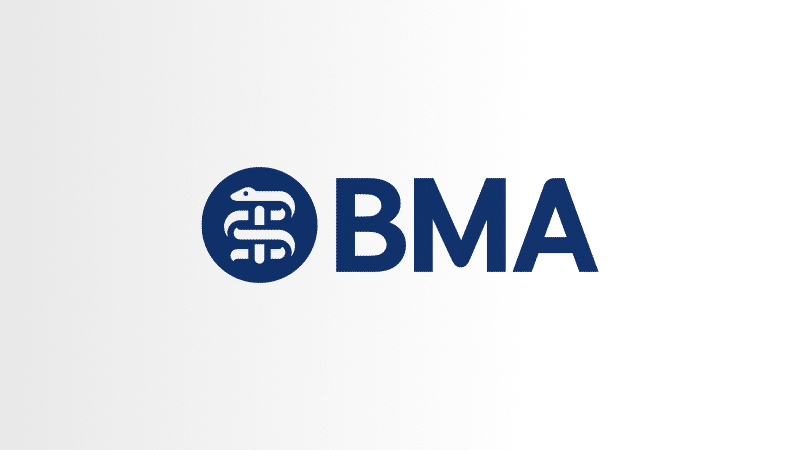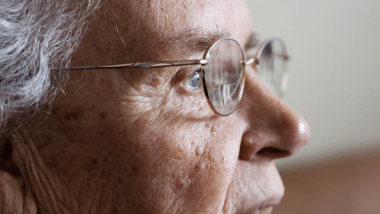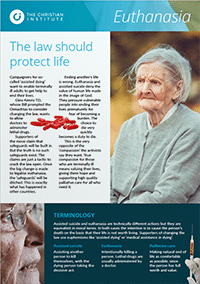A veteran journalist has urged the British Medical Association (BMA) not to compromise its position on end-of-life protections.
Former newspaper editor Charles Moore said patient trust will be seriously undermined if the doctors’ union abandons its opposition to legalising assisted suicide in the UK.
Union representatives are due to vote on whether the BMA should adopt a ‘neutral’ stance on assisted suicide at its annual meeting next week.
‘Do no harm’
Writing for The Daily Telegraph, Moore said the Hippocratic Oath bound doctors to “do no harm” and take “tremendous care” of their patients.
We cannot trust doctors if we think they do not mind harming us
Yet, he asked: “What are we supposed to think if the people who approach us in theatre scrubs bearing pills are professionally ‘neutral’ about whether it is part of their job to give us things to help kill us?”
Moore observed: “We cannot trust doctors if we think they do not mind harming us”.
Appropriate care
Citing evidence from a BMA members’ survey last year, Moore said most doctors are not prepared to administer lethal drugs themselves if the law on assisted suicide changes.
He also noted that those “most strongly opposed” to doctors being allowed to prescribe lethal drugs are those working in palliative medicine.
“They already offer assisted dying in the proper sense of the term: they palliate, medically, the pain and suffering of terminal illness – often in hospices. They personally know how different it is to help people die from helping them kill themselves,” he added.
Respect
Moore reported that a friend working as a palliative care doctor had told him: “Both patients and doctors are actually liberated by the ban on euthanasia.
“Many patients when afraid or suffering terribly have asked me, ‘Can you just kill me?’ The fact that I can respond with ‘absolutely not’ has meant that we have been able to work hard together on making them feel better.”
Commending the work of hospices, Moore said: “Just as maternity wards are almost sacred spaces because they support the beginning of life, so hospices are places of peace which respect its end.”
He added: “If there is less help to die well, more patients will feel suicidal. How dangerously easy it is to feel that to kill yourself is to lift a burden from society and the people who love you.”
How dangerously easy it is to feel that to kill yourself is to lift a burden from society and the people who love you
Meacher Bill
Baroness Meacher’s Assisted Dying Bill is set to be debated next month in the House of Lords. The Bill would enable those deemed to have less than six months to live to get help to kill themselves.
Moore said there is a “continuous, unrelenting global campaign” on assisted suicide.
He highlighted the fact that such Bills in Britain have been repeatedly rejected “when Commons and Lords confront the practical, professional and moral difficulties”, but warned that “each time the lobby brings it back”.
Safeguards preserved
Under the current law in England, Wales and Northern Ireland, a person who intentionally encourages or assists the suicide or attempted suicide of another person commits an offence which carries a maximum prison sentence of 14 years.
In 2015, a Bill to remove current safeguards was soundly defeated in the House of Commons by 330 votes to 118.
In the same year, MSPs in the Scottish Parliament rejected Patrick Harvie’s Assisted Suicide (Scotland) Bill by 82 votes to 36.
Paralympian Peer: ‘Writing on wall for disabled people in assisted suicide Bill’
Disabled Peer speaks out against new attempt to legalise assisted suicide




